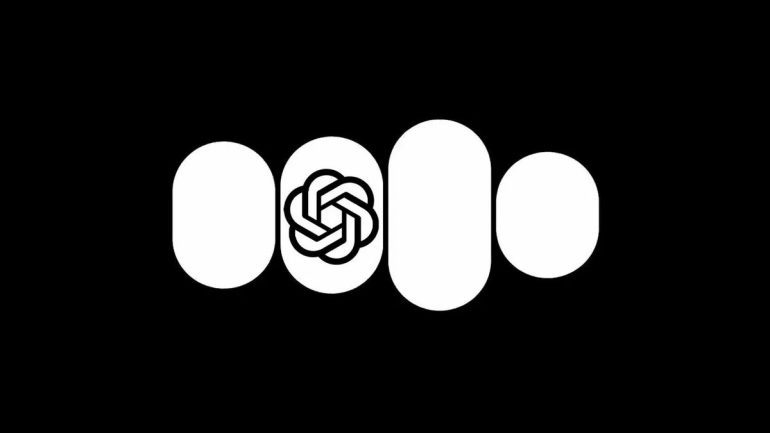- OpenAI unveils desktop version of ChatGPT alongside GPT-4o, its latest AI language model iteration.
- GPT-4o offers enhanced speed and interactivity, enabling seamless conversation interruptions and modified responses.
- Demonstrations showcase GPT-4o’s capabilities, including real-time translation and assistance with mathematical problem-solving.
- Rollout planned over the coming weeks with a focus on responsible deployment to mitigate misuse.
- OpenAI’s continued innovation builds upon the success of ChatGPT and GPT-4, signaling a commitment to advancing AI applications while addressing ethical concerns.
Main AI News:
OpenAI has introduced a desktop iteration of its conversational assistant, ChatGPT, alongside the latest upgrade of the AI language model that propels it. The revamped model, dubbed GPT-4o, promises heightened speed and interactivity, marking a significant advancement from its predecessor, GPT-4, as highlighted by OpenAI Chief Technology Officer Mira Murati during a livestreamed event.
GPT-4o boasts a remarkable feature set, eliminating response lag in ChatGPT and enabling users to seamlessly interrupt the conversation with new queries, prompting instant modified responses. Murati emphasized the model’s enhanced capacity to engage with various stimuli, including text, audio, and visual inputs.
“This represents a pivotal shift in human-machine interaction,” remarked Murati. “GPT-4o signifies a monumental leap forward in user experience and usability.“
During a live demonstration, an OpenAI researcher showcased GPT-4o’s capabilities, ranging from detecting breathing patterns to offering relaxation guidance, to providing real-time translations facilitating multilingual conversations. Additionally, the model exhibited its prowess by offering immediate guidance on solving mathematical equations through live camera feeds.
The rollout of GPT-4o is scheduled over the next few weeks, with a phased approach to ensure responsible deployment and mitigate potential misuse, according to Murati. OpenAI remains committed to addressing concerns regarding ethical usage and continues to collaborate with stakeholders in this endeavor.
This latest unveiling builds upon OpenAI’s track record of innovation, following the unprecedented success of ChatGPT, which amassed over 100 million users within a brief timeframe. The momentum continued with the release of GPT-4 in March 2023, which garnered acclaim for its exceptional performance across various domains, including achieving top scores in standardized tests and proficiency in coding.
Meanwhile, OpenAI’s expansion into other domains, such as video generation with Sora, underscores its commitment to pushing the boundaries of AI applications. However, the proliferation of AI-generated content has raised significant concerns regarding misinformation and privacy, prompting proactive measures from tech platforms to address these challenges.
Against the backdrop of these developments, OpenAI has undergone leadership transitions, indicative of the dynamic landscape within the organization. The return of former CEO Sam Altman, following a brief hiatus, underscores the strategic direction guided by stakeholders, including notable figures like Microsoft CEO Satya Nadella.
Conclusion:
OpenAI’s introduction of GPT-4o marks a significant milestone in the evolution of conversational AI, promising enhanced user experience and usability. The model’s advanced capabilities, coupled with responsible deployment strategies, position OpenAI as a leader in driving innovation while addressing ethical considerations in the AI market. This development underscores the growing importance of human-machine interaction and sets a new standard for AI-powered conversational assistants. Businesses and consumers alike can anticipate transformative impacts on communication and problem-solving processes in various domains.

